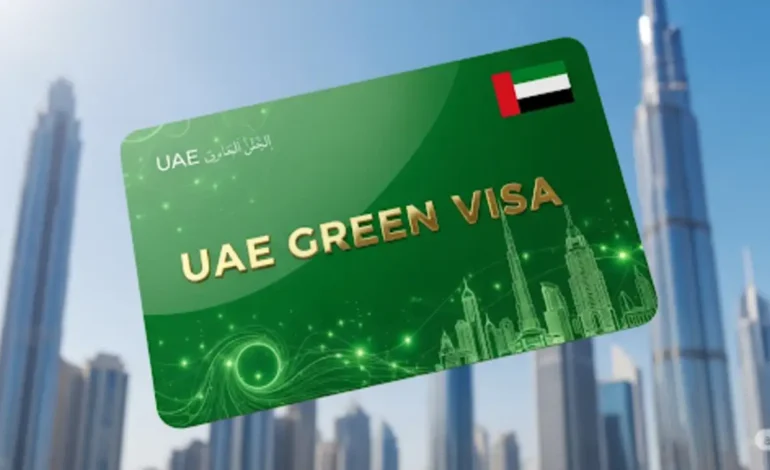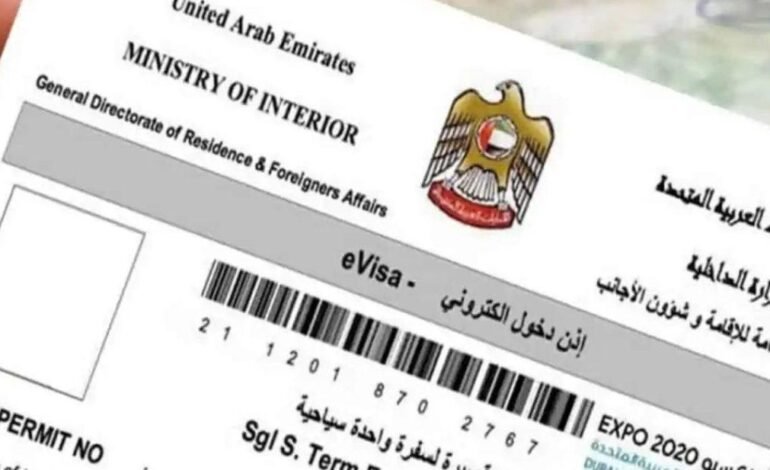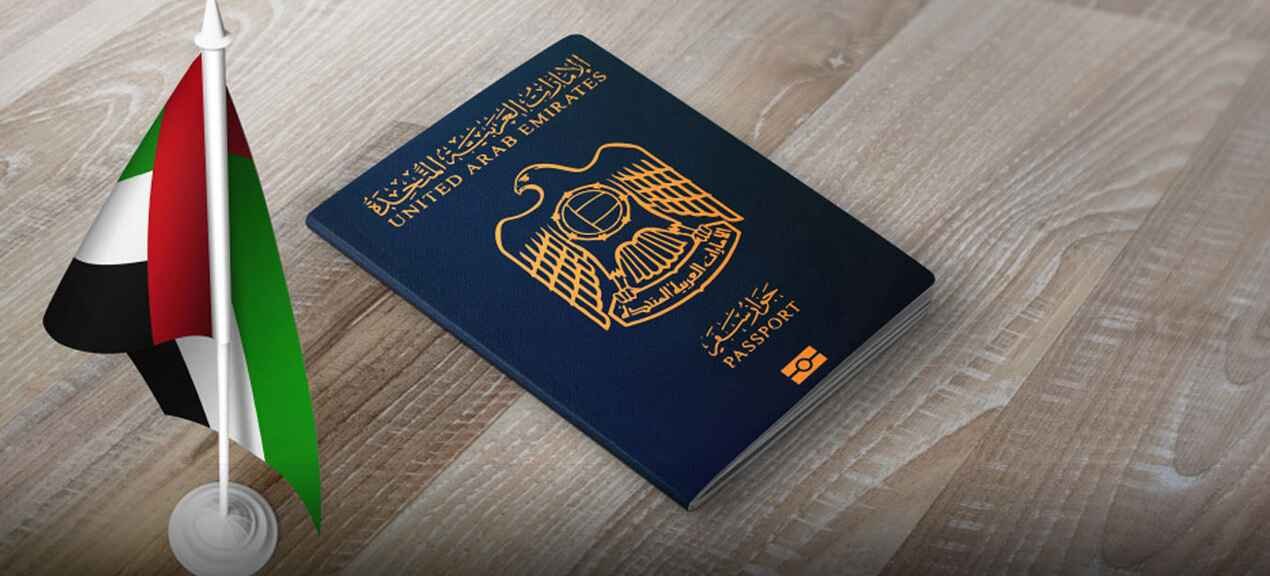Whether your travel plans change unexpectedly or you simply want to prolong your stay in the UAE, understanding UAE visa extension rules is essential. The process can seem confusing, with different regulations for tourists, residents, and workers. Many travelers and expats worry about grace periods and the steep fines associated with overstaying.
Navigating visa extensions doesn’t have to be stressful. The UAE government has streamlined many processes, making it easier to apply for an extension and stay compliant. This guide breaks down the 2025 rules, fees, and application steps to help you avoid penalties and manage your stay with confidence.
Who Can Extend Their UAE Visa?
The ability to extend a visa depends on its type. Not all visas are extendable, and the process varies significantly between temporary visitors and long-term residents.
- Tourist Visas: Tourists on 30-day or 60-day visas can typically extend their stay twice, for 30 days each time, without needing to leave the country. This is the most common type of extension.
- Transit Visas: These short-term visas, usually valid for 48 or 96 hours, are non-extendable. Travelers must exit the country before the visa expires.
- Work & Residence Visas: These are not “extended” in the same way as tourist visas; they are “renewed.” The sponsoring employer is responsible for initiating the renewal process before the visa expires.
- Student & Family Visas: Similar to work visas, these are renewable. The sponsoring educational institution or family member must apply for renewal before the current visa’s expiry date.
Visa Extension Rules (2025)

The UAE’s 2025 regulations offer more clarity and flexibility for different visa holders. Knowing which rules apply to you is the first step in avoiding fines.
For Tourists
Visitors holding a standard tourist visa can apply for an extension twice. Each extension provides an additional 30 days. The entire process can be completed from within the UAE, eliminating the need for inconvenient “visa runs” to neighboring countries. It is crucial to apply for the extension before the current visa’s grace period ends.
For Residents (Work, Family, Student)
For those on residence visas, the process is a renewal, not an extension. The sponsor (employer, university, or family head) must start the renewal application before the visa expires. The renewal process includes a new medical fitness test and Emirates ID application.
Golden, Green, Property & Retirement Visas
These long-term, self-sponsored visas also follow a renewal process. Holders are responsible for renewing their visas before expiry. A key benefit of these categories is a longer post-expiry grace period. For example, Green Visa holders have up to six months to either renew their visa or make arrangements to leave the country after their visa expires.
Grace Periods
A grace period is the time you have after your visa expires to either renew it or exit the country without incurring fines.
- Standard Residence Visas: Typically have a 30-day grace period.
- Tourist Visas: The grace period is often around 10 days, but it’s best to confirm upon entry, as it can vary.
- Green Visas: Offer a generous grace period of up to 6 months.
Fees for Visa Extensions
The cost of extending a visa varies depending on the visa type and the duration of the extension. It’s important to budget for these fees to avoid any last-minute financial stress.
| Visa Type | Extension Fee (AED) | Notes |
|---|---|---|
| Tourist Visa (30-day extension) | 600 – 800 | Can be done twice without leaving the UAE. |
| Tourist Visa (60-day extension) | 1,200 – 1,500 | An alternative to the 30-day option, if available. |
| Work/Residence Visa (Renewal) | 1,000 – 2,000+ | Usually paid by the employer; cost varies by company size and emirate. |
| Golden/Green Visa (Renewal) | 2,000 – 4,000 | For the full 5 or 10-year renewal. Includes government and processing fees. |
| Overstay Fine | 50 – 100 per day | Applied daily after the grace period ends. |
Note: These fees are estimates and can change. Always check the official portals for the most current pricing. Additional service fees may apply if using a typing center or travel agency.
How to Apply for Visa Extension
The UAE has made the application process highly efficient through its online government portals. This allows you to complete the entire process from your computer or smartphone.
- Choose the Right Portal:
- For visas issued in Dubai, use the General Directorate of Residency and Foreigners Affairs (GDRFA) portal.
- For visas issued in Abu Dhabi or other emirates, use the Federal Authority for Identity, Citizenship, Customs & Port Security (ICP) Smart Services.
- Prepare Your Documents: For a tourist visa extension, you will typically need:
- A clear copy of your passport.
- A copy of your current tourist visa.
- A recent passport-sized photograph.
- Submit the Application: Create an account on the relevant portal, navigate to the visa extension service, fill in the required information, and upload your documents.
- Pay the Extension Fees: Pay the fees securely through the portal’s integrated payment gateway.
- Receive Confirmation: Once approved, you will receive the extended visa via email, usually within a few hours to a couple of days. There is no physical stamp required for a tourist visa extension.
For more information on all visa types, the official UAE Government Portal is an excellent resource.
UAE Overstay Fines (2025)
Failing to extend or renew your visa on time results in daily fines. These penalties can add up quickly, making it a costly mistake.
- Tourist Visa Overstay: The fine is typically AED 50 per day. This starts counting from the day after your visa and grace period have expired.
- Residence Visa Overstay: The fine is usually AED 25 per day.
- Additional Fees: In addition to the daily fine, overstayers will need to pay for an exit permit (around AED 200–300) when leaving the country. Overstaying can also negatively impact your ability to obtain a UAE visa in the future.
Tips to Avoid Fines
Staying compliant is simple with a bit of planning. Follow these tips to ensure you never have to worry about overstay fines.
- Track Your Expiry Date: As soon as you receive your visa, note the expiry date and the end of your grace period. Set multiple reminders on your calendar.
- Apply for Extensions Early: Don’t wait until the last day. Start your extension application at least one week before your visa or grace period expires. This gives you time to resolve any unexpected issues.
- Use Official Channels: Always use the official GDRFA or ICP portals for applications. This is the fastest, safest, and most reliable method.
- Communicate with Your Sponsor: If you have a residence visa, maintain open communication with your employer or sponsor about your renewal timeline. Follow up proactively to ensure they have started the process.
FAQs – UAE Visa Extension 2025
Can I extend my tourist visa without leaving the UAE?
Yes, you can extend a 30-day or 60-day tourist visa twice, for 30 days each time, without exiting the country. The application can be done online.
How many times can I extend my visit visa?
Typically, you can extend it twice. After the second extension, you will need to leave the country.
Can overstay fines be waived?
Waiving fines is extremely rare and only considered in exceptional humanitarian cases with extensive proof. It is always better to assume you will have to pay the full amount.
Is there a grace period after my tourist visa expires?
Yes, most tourist visas come with a 10-day grace period. However, you should confirm this upon arrival, as it can vary. Fines begin the day after the grace period ends.
Can employees extend their own work visas?
No, work visa renewals are the responsibility of the sponsoring employer. The employee’s role is to provide the necessary documents and complete the medical test on time.
Conclusion
Staying informed about the UAE’s visa extension rules is the key to a stress-free experience, whether you’re a tourist or a resident. The 2025 regulations make it straightforward for visitors to extend their stay, while residents must rely on their sponsors for timely renewals.
By tracking your visa expiry date, applying for extensions early through official portals, and understanding the fee structure, you can easily avoid costly overstay fines. Always prioritize compliance to ensure your current and future visits to the UAE are smooth and enjoyable.







